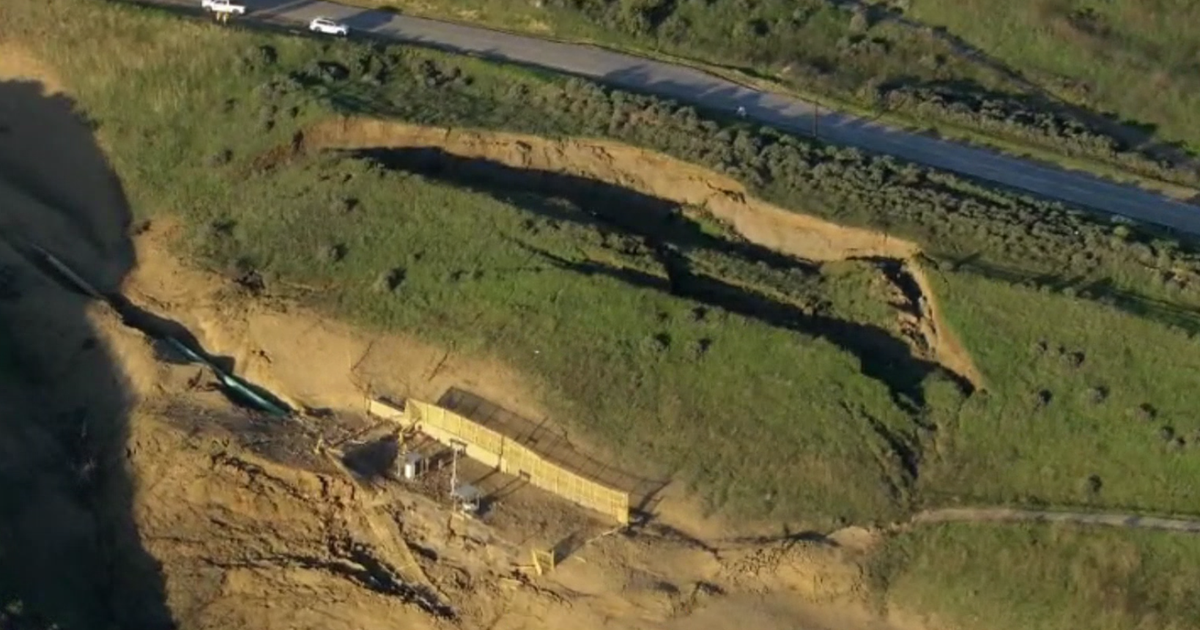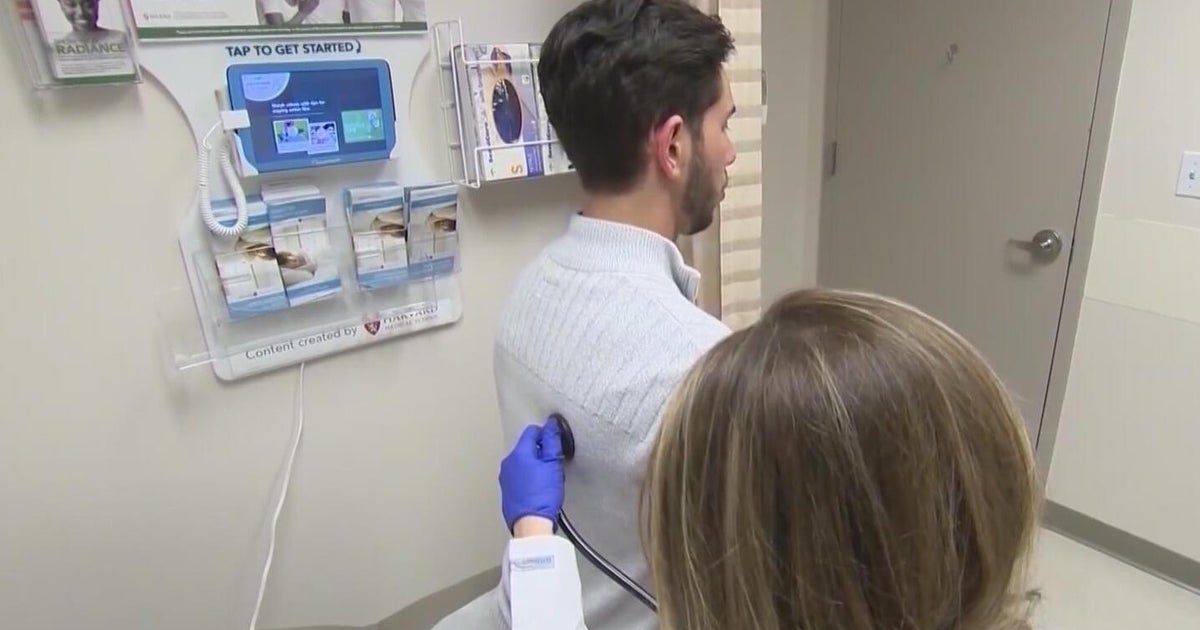S.F. Science Journalist's Research Underscores Importance of Proper Breathing
SAN FRANCISCO (KPIX) -- 2020 has been a disorienting and upsetting year for nearly everyone.
Most of the Bay Area is living with chronic stress, thanks to the COVID-19 pandemic with its shutdowns and shelter-in-place orders, combined with job losses, fires, bad air and creeping anxiety about what's next.
San Francisco-based science journalist James Nestor says a good first step toward healthier living is simple: take a moment and breathe deeply through your nose.
For four years, Nestor has been researching the science of breathing. He's interviewed and queried experts around the world and compiled what he found in a new book called "Breath: The New Science of a Lost Art."
"I had a lot of skepticism when I was first researching this book," Nestor admits.
Nestor discovered that how you breathe can be a game-changer in treating a number of ailments and anxieties.
The nose, packed with little hairs called cilia, is a first line of defense against pollution, pathogens, even viruses.
UCLA pharmacologist Dr. Louis Ignarro won a Nobel Prize for uncovering the role of nitric oxide as a signaling molecule in the cardiovascular system. Newborns who are born with a heart defect benefit greatly from the use of nitric oxide therapy because it relaxes the blood vessels and increases blood circulation. Breathing through the nose, according to Ignarro, produces six times more nitric oxide and 20 percent more oxygen that will go straight into the lungs.
Dr. Ignarro said that just breathing through the nose might help defend against the novel coronavirus. Currently, inhaled nitric oxide is under investigation as a possible therapeutic tool against COVID-19.
In addition to filtering out gunk, Nestor explained how there are other benefits to breathing through nose breathing.
"When we breathe through our noses, we force air through this labyrinth of all these different tubes, all these different structures, so that it is heated, it is moistened and it is conditioned by the time it enters our lungs," Nestor said.
Breathing through your mouth sends a stress signal to your brain. One way to override that signal when you are feeling anxious is to begin to breath slowly through your nose. A Stanford study involving anxious individuals prone to panic attacks found this method by itself -- without medications -- dramatically reduced panic attacks.
By the way: don't excessively trim your nose hairs: those who do, according to some research, may be more prone to asthma.
WEBLINKS:







